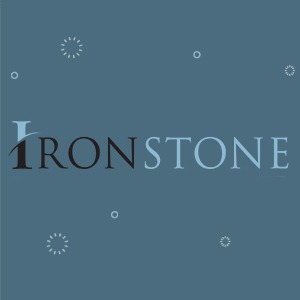They say a dog is a man’s best friend. As a financial advisor you’re going to need more than a furry four-legged canine and a wet nose to help you navigate through the changes and challenges facing our industry.
As an advisor there is a long list of items demanding your attention: hiring new talent, attracting next-gen investors, communicating with clients, and offering up-to-date technology. The list just keeps growing. Each of these challenges must be faced as opportunities to improve, implement new ideas, and determine what is working, and more importantly, what isn’t.
One of the most effective ways to gain valuable insight into your practice is to organize an advisory board. Listening and learning from the observations and opinions from a diverse group of clients, prospects, and centers of influence will provide you with a valuable roadmap and prove to be profitable for your firm.
7 Best Practices for a Successful Advisory Board
1) Choose Your Members: Your advisory board should be comprised of a small but diverse group of eight to twelve clients, prospects, and centers of influence.
- Use your ideal client profile definition to help you select members and choose clients that will become evangelists for your firm while mentoring you as an advisor.
- When forming your board, identify clients that can provide you with diverse skills, experience, and knowledge.
- Ideal members of your board will be open-minded, thought-provoking, problem solvers, and have strong communication skills.
- Ensure that your group includes members from varying generations.
2) Identify Board Objectives: Objectives should include but are not limited to:
- Insight to product and business development
- Marketing and technology
- Research that encompasses emerging industry trends
3) Establish Expectations: Make sure you provide clear expectations to ensure board members know what is expected of them.
- Be specific in communicating responsibilities and the areas in which you are seeking help.
- Identify how often you will want to interact. A good starting point is every 6 months.
- If private information will be discussed, inform advisory members they will need to sign a confidentiality agreement.
- Consider having board term limits so as changes are needed board members and clients are not offended.
4) Develop Board Relationships: Ask board members for their opinions and advice.
- Establish a mentor/sounding board relationship.
- Express your appreciation frequently.
- Don’t be offended if you hear something you don’t like; your advisory board must be open and honest.
5) Prepare For Board Meetings: Your preparation for advisory board meetings is critical. Advanced preparations may include:
- Solicit agenda items from your board prior to the meeting to prevent unplanned discussions.
- Provide an agenda.
- Host your meeting in a location that is free of distractions and stay on track by stimulating dialogue and having a results-oriented gathering.
- Summarize minutes and include recommendations on key issues.
6) Compensation:Most board members are eager to serve and help firms and will usually not expect or inquire about compensation.
- Consider making a donation to their favorite charity in their honor.
- Make sure you comply with FINRA regulations.
7) Keep Board Members Informed: Ensure your board members stay excited about your firm.
- Provide company updates at times when you aren’t asking for their advice. The fact that they’ve agreed to be on your board means they care about your firm. Keeping them up-to-date will enhance their commitment to your practice, and in turn, help them be of greater value to you.
Avoid apprehension; embrace the insight your advisory board offers, remove personal barriers or roadblocks, and empower yourself to experience positive change.
The foundation of our Performance Coaching and Consulting Programs are based on Ironstone’s Fundamental 4™, which is essential to design, develop, and sustain a successful business. Our ultimate goal is to help you avoid trial and error; shifting your mindset to launch your process of intentional change. [LEARN MORE]
Photo credit: ©iStock/Getty Images
Copyright © 2014 Ironstone. All rights reserved




